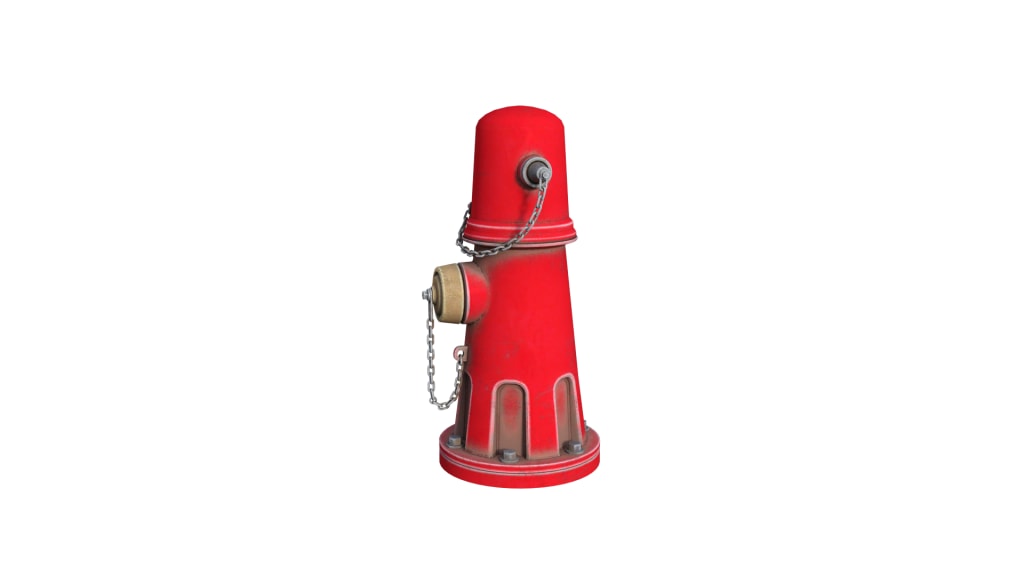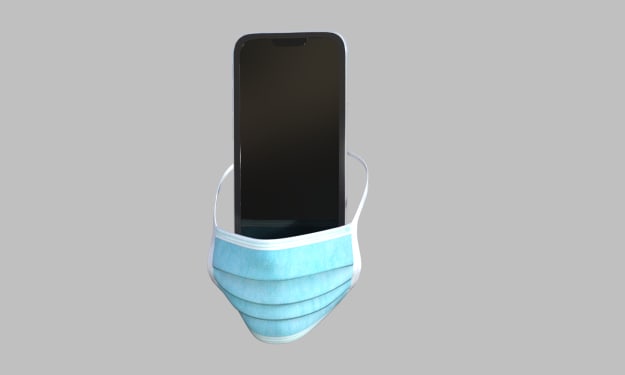
Introduction
Fire hydrants are a great way to ensure you have access to water when there is a fire in your neighborhood. They are available in most municipalities. Fire hydrants are often installed at public buildings, schools, and other places where they are accessible by people during normal hours.
How do fire hydrants work?
The hydrant is used to provide water to a fire hose to extinguish a fire. How does it work? Water enters the hydrant through a pipe and passes through a valve, which can be opened or closed to control the flow of water. The valve may have one or more handles. The handle is usually an operating rod that pushes or pulls. When connected to a fire hose, it allows the pressurized water to go through to extinguish a fire.
Can fire hydrants run out of water?
In geneal, fire hydrants are connected to a main water supply source so they can't run out of water unless there is a major problem or if, for some reason, the water supply is turned off. But the latter is very unheard of. In this article, I will list four main reasons why fire hydrants could run out of water:
1. Clogged fire hydrants
Fire hydrants can become clogged if debris enters the nozzle. The best way to prevent a fire hydrant from becoming clogged is to have it regularly inspected and cleaned by a professional. The National Fire Protection Association recommends that hydrants should be inspected at least once a year.
2. Physical damage
This is often caused by car accidents and in some cases by vandalism. Cars can hit fire hydrants and cause them to stop functioning. The accident may damage the valves that connect the water supply and therefore make it run out of water. If a fire hydrant has been damaged or destroyed, it should be replaced by a qualified hydrant installer in your area.
3. Leaks from the main water supply
If there is a leak from the main water supply that is limiting the water flow, a fire hydrant could run out of water. The leakage could be more localized at the pipes underneath a hydrant, connected to a single hydrant only, which would not affect the other fire hydrants or the water flow in the same block. Or the leakage could be in one of the main pipes, which in result would limit the water supply to the entire block. Therefore it is also important to regularly inspect the pipes and not just the hydrants. Residents should also immediately report any noticeable leakage in their area.
4. No-constant water supply
Some non-pressurized fire hydrants in rural areas are connected to ponds and tanks. These types of non-constant water sources are not ideal because they could cause the fire hydrant to run out of water in case of an emergency. Another problem with such hydrants is that they may not have enough pressure to do the job. But due to them being in rural areas that are do not have access to municipal water systems, they have to be connected to other water sources.
Conclusion:
Since fire hydrants are necessary to extinguish a fire, without them, your home or your entire neighborhood would be at risk of burning down. There are many alternatives that can help extinguish a fire in case fire hydrants fail, but none are as effective and as quick/practical as fire hydrants. That is why the authorities do their best at making sure fire hydrants are connected to a stable water source that is inspected and maintained throughout the year. It is in very rare cases that fire hydrants would fail, like in the case of pipe damage, blocking debris, or water shortage in rural areas.





Comments
There are no comments for this story
Be the first to respond and start the conversation.